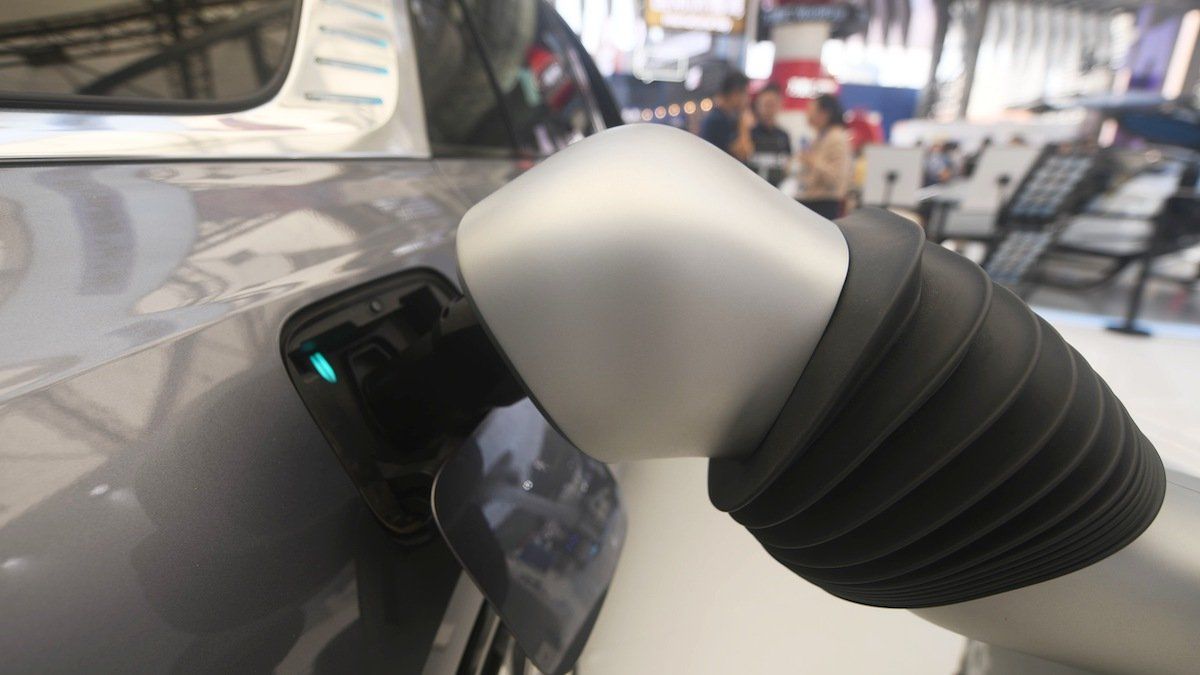Following the lead of the Biden administration, in late August the Trudeau government placed tariffs of 100% on Chinese electric vehicles sold in Canada. China condemned the measure and this week launched an investigation into Canadian canola exports. China imports roughly 90% of the crop from Canada.
In late May, the Biden administration quadrupled its tariffs on Chinese EV imports, raising it to 100% as it alleged China was subsidizing its zero-emissions vehicle industry and unfairly undermining US auto companies. Canada has said the same.
China said it would retaliate against the US and, later, Canada for the EV tariffs and has started to make good on the tit-for-tat promise. Its US anti-dumping investigation has focused on chemicals used in making vehicles and electronics.
The trade war over cheap Chinese EVs may just be starting as countries struggle for market position and to protect domestic industries while consumers make the gradual switch from gas engines to electric in a bid to slow climate change.
